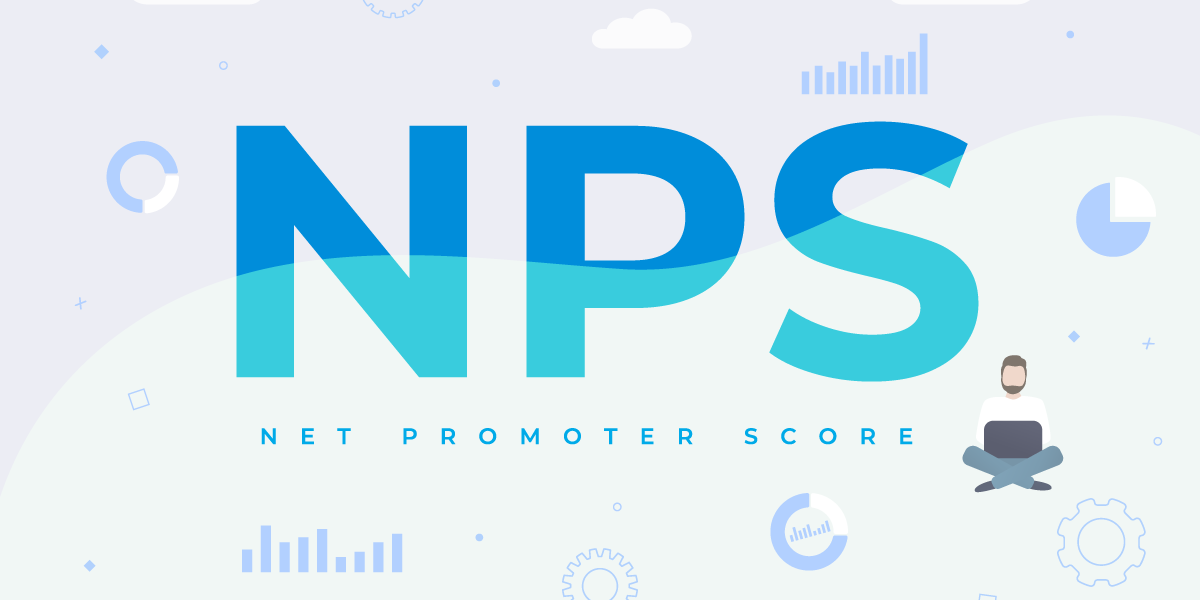One thing is certain: we do not live in the same world as we did a few months ago. In 2020, COVID-19 has disrupted all aspects of humanity in all the corners of the world. And as we listen to what the medical experts tell us, we must all face the fact that it’s not ending any time soon. Events are cancelled. Businesses are shutting down. Employees are furloughed. But as bleak as it may seem, this is not the end of business, nor of marketing.
I can hear what you’re saying — “too soon.” It may be. But should I lie to you? Should I tell you to stop everything and hide your head in the sand until this is over? No matter how you may feel about it, our current crisis, like many in the past, represents a crossroad. “To spend or not to spend?” That is the marketing question.
Digital Marketing Works Best for B2B Organizations — Click Here to Learn Why
During a crisis like the current pandemic, it’s natural for leaders to panic and immediately reduce spending. As revenue drops, organizations typically cut overhead: it’s a fact of life. Business leaders look for areas to reduce costs and, sadly, marketing is almost always near the top of the list. It’s not like rent or materials or employees. It’s nice to have, but it’s not essential, right? Wrong.
In fact, in an article published by the Harvard Business Review in 2009 (a decade before COVID-19 and in the midst of the 2008 – 2009 recession) stated that during a crisis “although it’s wise to contain costs, failing to support brands or examine core customers’ changing needs can jeopardize performance over the long term.” Statistics show that it’s easier to increase share of voice and market share in a downturn. Why? It’s simple–because everyone else is cutting their marketing budget.

Coronavirus will force marketing strategies to change, but should not force them to stop.
Marketing is essential. As your competition cuts marketing costs (and they will), you have the unique opportunity to grab market share from them. Sure, during a recession, that growth in market share might not represent much, but what about when the crisis is over? At all times, but certainly in times of crisis, marketers need to be agile. They need to modify their strategies and tactics, and then be able to rebound quickly when the upturn comes. This doesn’t mean cut out marketing. This means cutting out marketing that isn’t backed by data. After all, you can’t effectively manage what you can’t (or don’t) measure.
In my decades as a sales and marketing professional, I have seen firsthand that it’s impossible to know what’s working (and what’s not), if there are no defined goals and metrics with which to judge success. The development of data-driven marketing strategies happened as a direct response to organizations insisting on ROI from marketing and sales investments.
Don’t cut your marketing spend. Instead, use it to build a framework for intelligent decision-making. Invest in analyzing metrics associated with customer behavior and adjust your marketing in real-time based on what you learn. Draw visitors in. Earn their attention and make your company easy to find online. Engage prospects with interesting, helpful content. By aligning valuable content with your customer’s interests, you will naturally attract inbound traffic that creates valuable experiences for leads and customers alike. The good news? This can all be done remotely.





